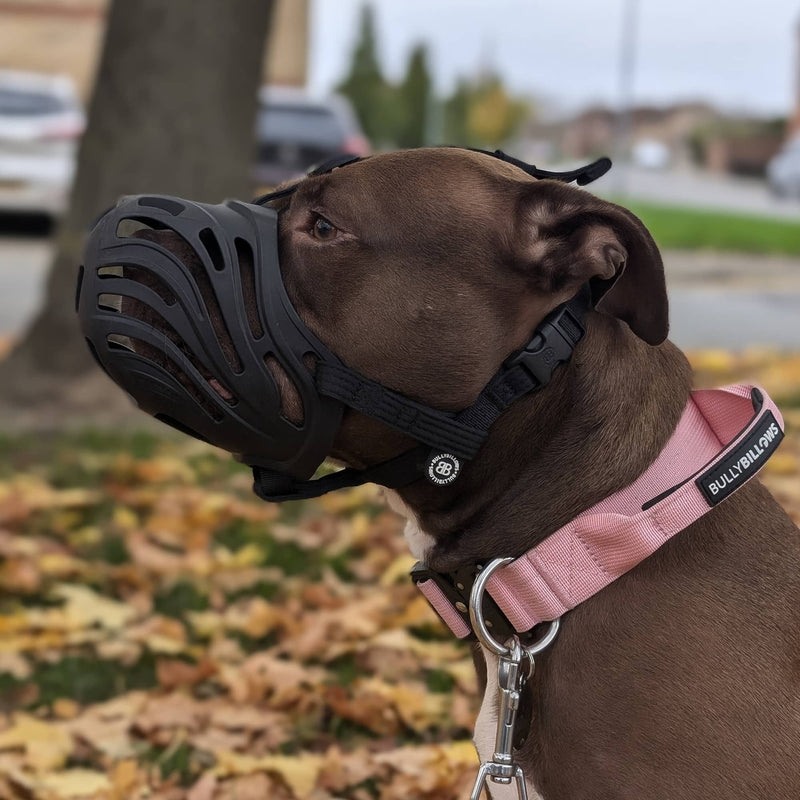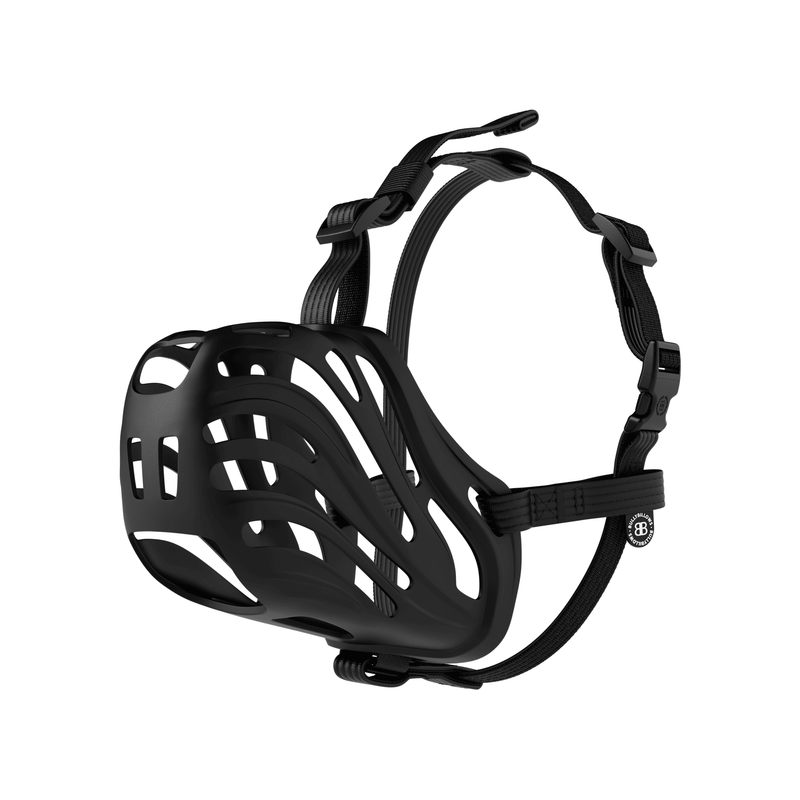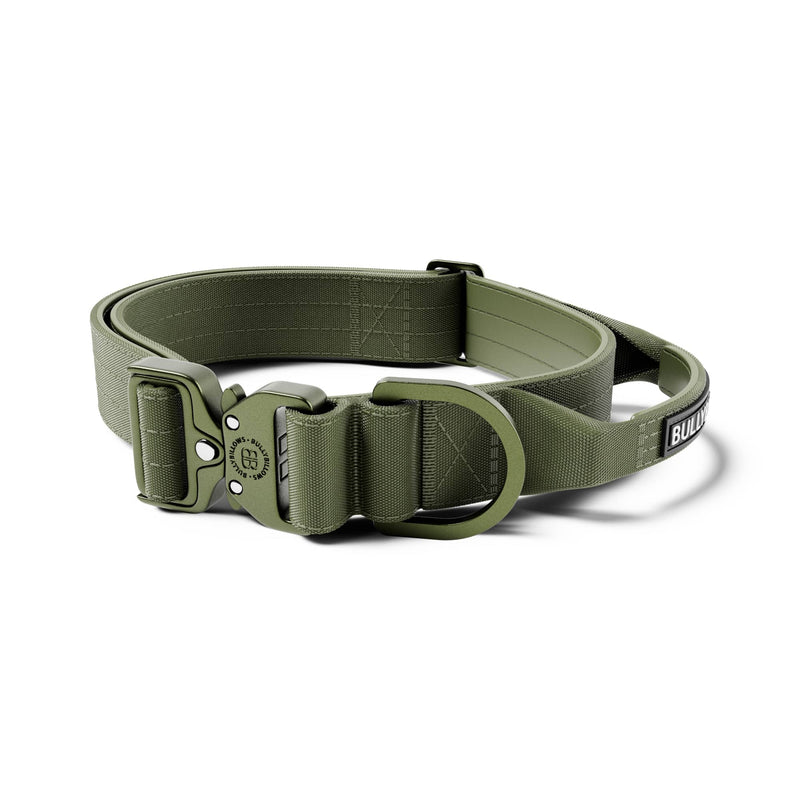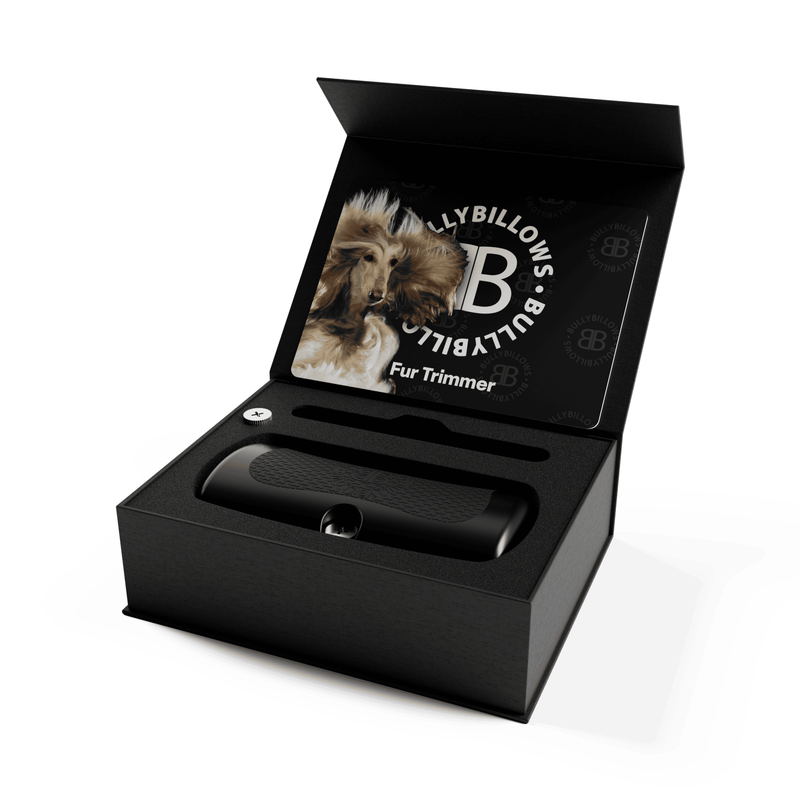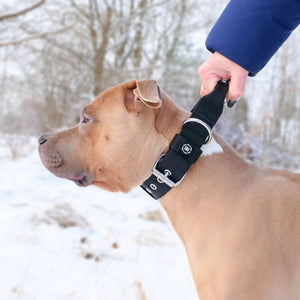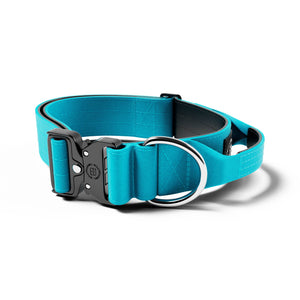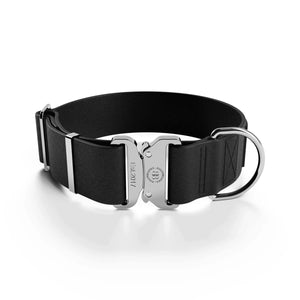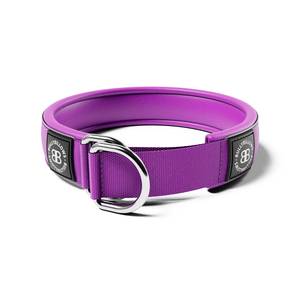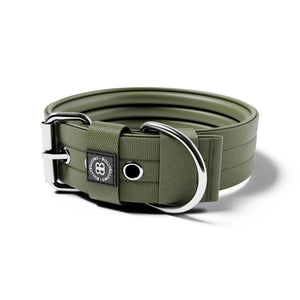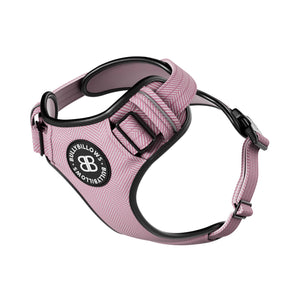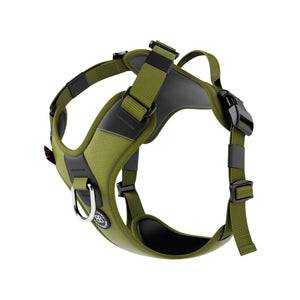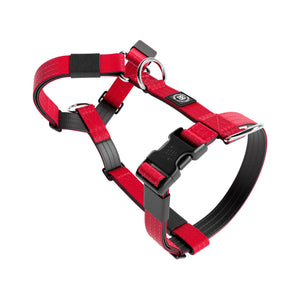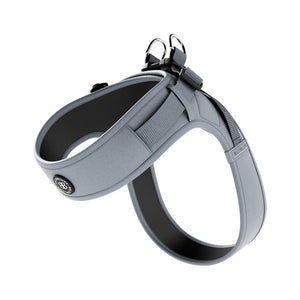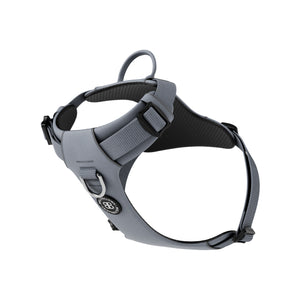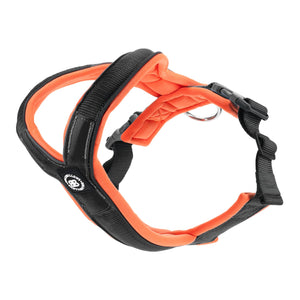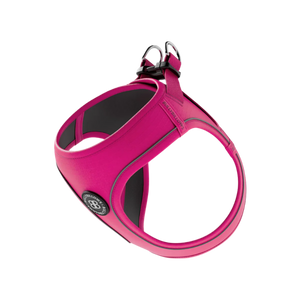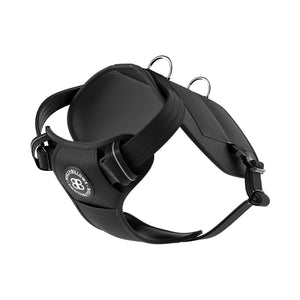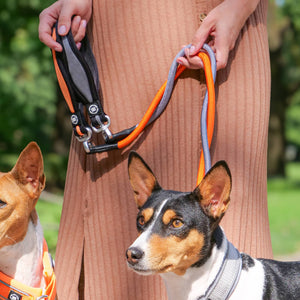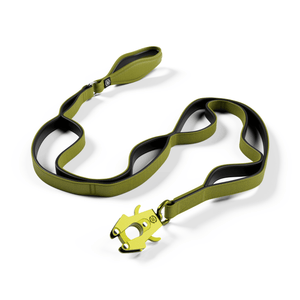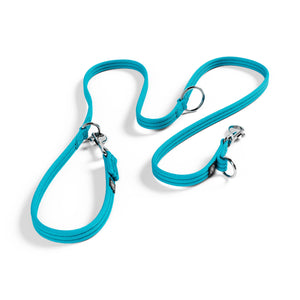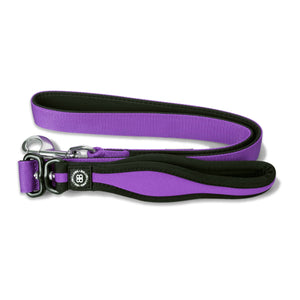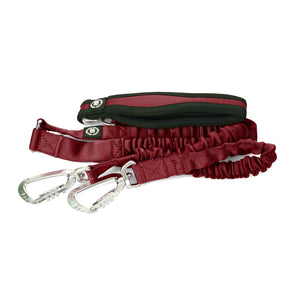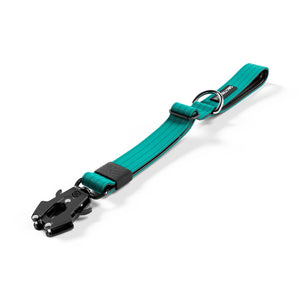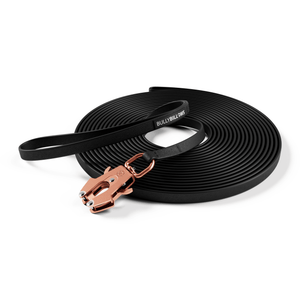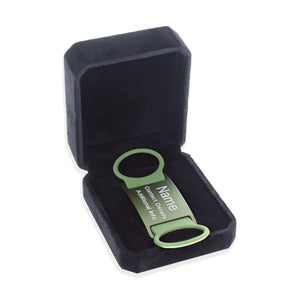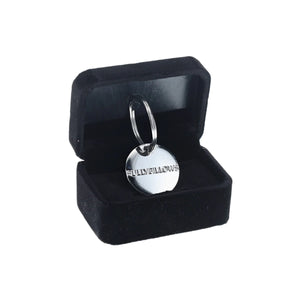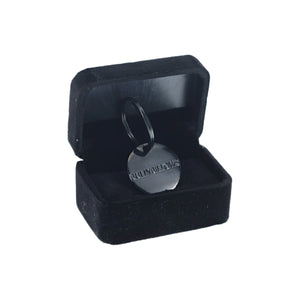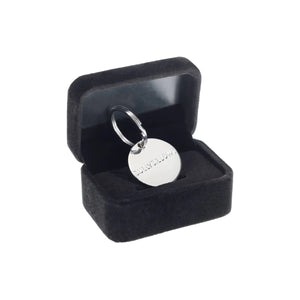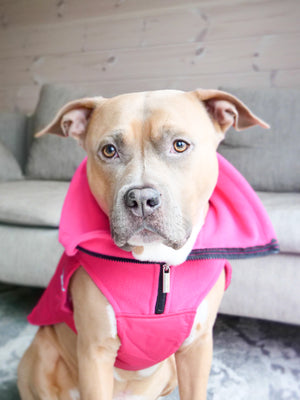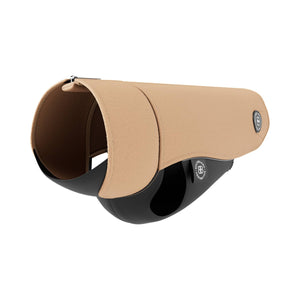Dogs suffer from snoring just as much as humans. The more they snore, the less oxygen they breathe in. There has been intensive research surrounding dog snoring and its causes.
In this post, we will go over common causes so you can address them to improve the quality of life for you and your furry friend.
Reasons Behind Dog Snoring
Sleeping Position
Dogs have a unique way of sleeping that makes them snore when they lay on their back. Their airways close up, and their lungs can't get enough oxygen all at once. So the body makes a little space for itself in the chest cavity, and the diaphragm moves lower so that more can get into the lungs, so no extra room is made for the lungs. That's why dogs snore when they are sleeping on their backs.
Stress
Snoring is quite common in many different species of mammals, including humans.
Snoring in dogs is the result of the vibration of air passing through the airways as they breathe. The vibration causes the eardrums to vibrate and creates sound waves. The inner ear picks up the waves and transmits them to the brain. It is all harmless and normal.
The problem occurs when dogs breathe too quickly or deeply. If you notice that your dog seems to be breathing very rapidly during sleep, he may be suffering from hyperventilation syndrome (or he is simply stressed out!).
Obstructive Sleep Apnea
Sleep apnea is a condition where the muscles relax during sleep, preventing airflow through the nose and mouth. Snoring is a sign that this is happening. If your dog's breathing is interrupted in this way, it can lead to deep and loud snoring.
It means your dog may snore because of the obstruction in the airway, which can lead to weight gain or even cause anaemia.
Cavities and Teeth
The shape of your dog's mouth can cause them to snore. Most dogs have long, narrow mouths. To help keep their teeth clean, they will chew on sticks that they think are treats, which creates a lot of friction between their gums and teeth. It can lead to snoring.
Must Read: Must-Knows of Doggie Dental Care — BullyBillows
Coughing
Some dogs cough when they sleep, causing their airway to block partially and leading to snoring.
Snoring also occurs when your dog coughs during his sleep, as it forces the air into his windpipe and disrupts his breathing.
Heart Disease
Snoring can also be a sign of your dog suffering from heart problems because of an enlarged heart (which could lead to faster breathing and more frequent panting)
The stress hormones that his body produces during times of stress (such as possible fear) can also cause snoring.
Ageing
As dogs age, the structures in the back of their throat tend to weaken. It leads to a substantial increase in their snoring habits.
Moreover, dogs also gain weight and develop health problems with age. Obesity also leads to more snoring as swollen tissues in the pharynx become more prominent and therefore, noisier.
Snoring in dogs is common. However, if you notice drastic changes in your dog’s snoring habit, take your pet to the vet.
To enhance your dog’s safety when outside, invest in quality dog collars and other accessories. Explore Bully Billows - a one-stop destination for every dog training supplies.

